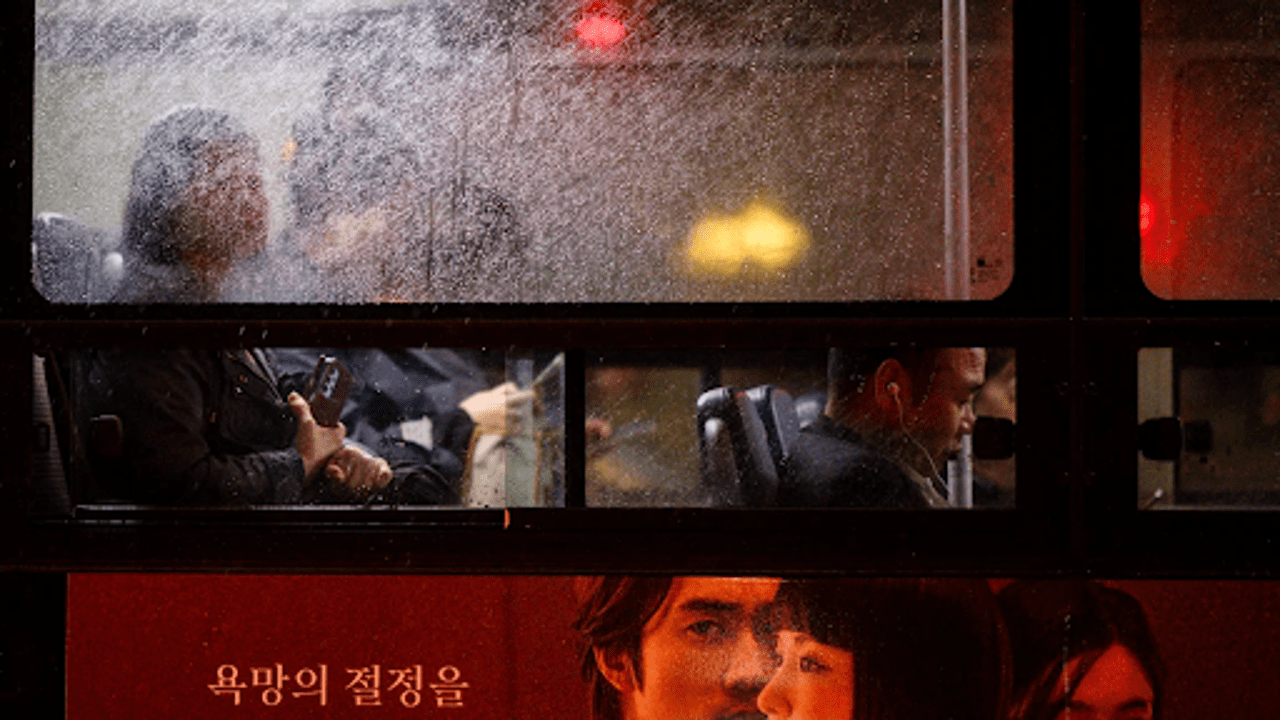
On October 22, 2024, people in Seoul, South Korea, make their way to work on a bus during rainy weather. Getty Images
Every year, South Korea faces a troubling reality where thousands, primarily middle-aged men, pass away alone, often unnoticed by their loved ones. These tragic occurrences, referred to as “lonely deaths” or godoksa in Korean, highlight a deeper issue of loneliness and social isolation that has gripped the nation. Sometimes, it can take days or even weeks for the bodies to be discovered, emphasizing the urgency of addressing this societal challenge.
Recognizing the gravity of the situation, the city of Seoul has taken a significant step forward. This week, city officials announced a plan to invest approximately 451.3 billion won (nearly $327 million) over the next five years aimed at creating a city where no one feels isolated. The initiative reflects a broader commitment to tackle loneliness, which has become a pressing concern across South Korea.
Seoul's new measures will introduce a 24/7 hotline staffed by loneliness counselors, along with an online platform offering similar support. These services will include follow-up visits and consultations, aimed at providing personalized assistance to those in need. Mayor Oh Se-hoon emphasized that loneliness is a collective issue that requires a societal response. He stated, "Loneliness and isolation are not just individual problems, but tasks that society must solve together." The city is determined to leverage all available resources to help lonely individuals reintegrate into society.
In addition to counseling services, Seoul plans to expand psychological support, improve green spaces, and introduce nutritional meal plans for older residents. They will also establish a dedicated system to identify and assist isolated individuals, promoting community engagement through activities like gardening, sports, and book clubs. These initiatives aim to foster connections among residents and encourage them to step outside their homes.
A Buddhist nun and staff members from Good Nanum gather the name tablets of three individuals who have passed away prior to their cremation on June 16, 2016, in Goyang, South Korea. Getty Images
While experts applaud these efforts, they caution that more comprehensive actions are necessary. An Soo-jung, a psychology professor at Myongji University, highlighted the unique cultural factors contributing to loneliness in Korea, which complicate the situation. "Loneliness is a significant social issue right now, so efforts or policies to address it are absolutely necessary," she noted, but she urged careful consideration of how effectively these measures will be executed.
The loneliness epidemic has gained national recognition in recent years, as the number of individuals withdrawing from society has surged. The phenomenon of hikikomori, where young people isolate themselves at home for extended periods, has reached alarming levels, with estimates suggesting up to 244,000 such individuals in South Korea in 2022. Additionally, lonely deaths have increased, with recent figures showing 3,661 such deaths last year, reflecting a concerning upward trend.
Interestingly, the increase in lonely deaths may also be attributed to a broader definition now adopted by the Ministry of Health and Welfare. Previously, a death was classified as “lonely” only if the individual’s body was discovered after a certain time frame. The new definition encompasses anyone who dies in social isolation, including those who pass away due to suicide or illness without any relatives available to claim them.
Cultural factors play a significant role in the experience of loneliness among South Koreans. While loneliness exists globally, psychological differences emerge within Korea, where people often associate their feelings of isolation with a perceived lack of worth or purpose. This cultural nuance means that even those engaged in vibrant social lives may feel lonely if they perceive themselves as failing to contribute meaningfully to society.
On July 4, 2016, in Goyang, South Korea, a volunteer from Good Nanum pays respect at a temporary shrine dedicated to two individuals who passed away alone at home and in hospitals. This solemn moment takes place inside a crematorium's waiting area. Getty Images
The South Korean government has initiated various strategies to combat loneliness over the years. This includes the Lonely Death Prevention and Management Act, which mandated the development of a comprehensive plan to tackle this issue. In 2023, an amendment allowed some socially withdrawn youth to receive financial support to help them reintegrate into society.
South Korea is not alone in facing this battle against loneliness. Other countries, like Japan and the United Kingdom, have appointed officials specifically to address the issue, recognizing it as a significant public health concern. The global understanding of loneliness as a health threat has prompted various nations, including the U.S. and the World Health Organization, to implement initiatives aimed at improving social connections and addressing the underlying causes of isolation.
However, experts believe that simply increasing social interactions may not be enough to resolve the issue. An cautioned that without addressing the deeper cultural and psychological factors contributing to loneliness, meaningful change might be difficult to achieve. "We need to cultivate the ability to care for both ourselves and others," she stated, acknowledging the challenges of modern society, which often leaves little time for personal reflection or care.















